As a designer you will sometimes "fail completely" says Nils Holger Moormann
Movie: German designer Nils Holger Moormann told young designers they must learn to be resilient if they want to have successful careers at this year's Blickfang design workshop.
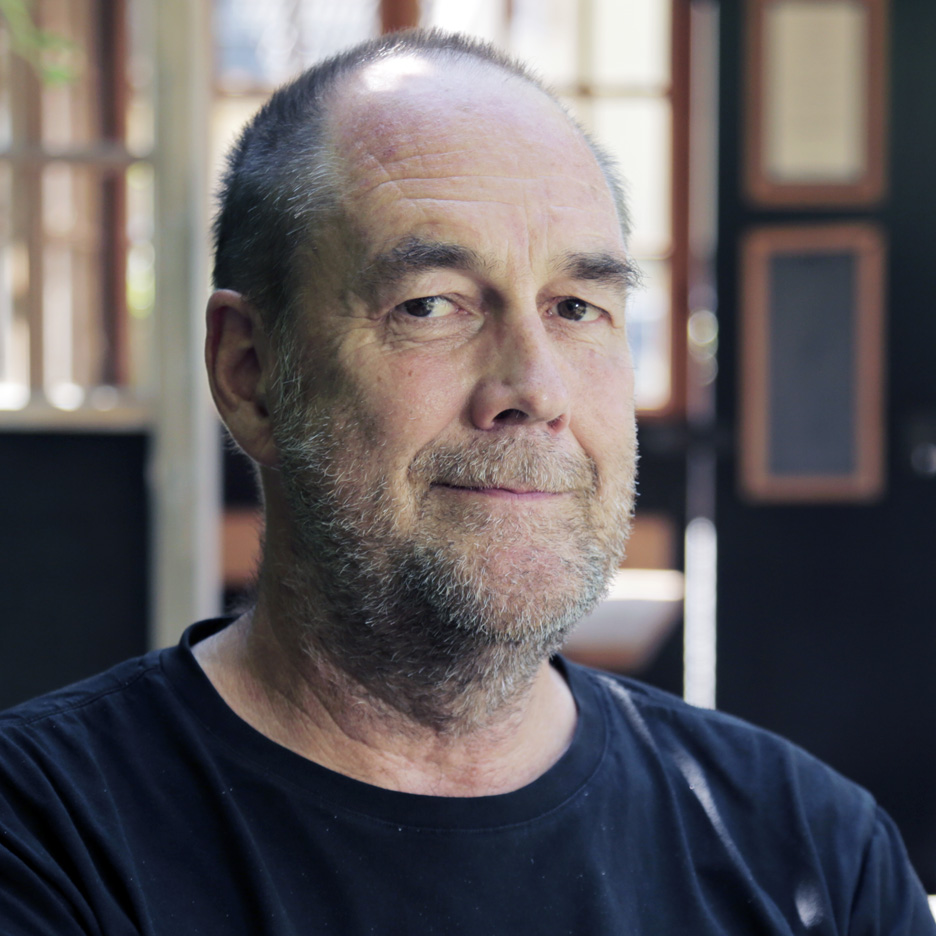
Budding designers face an uphill struggle if they want to be successful, Moormann claims in the movie, which Dezeen produced for Blickfang. However, he hopes his own career can provide inspiration.
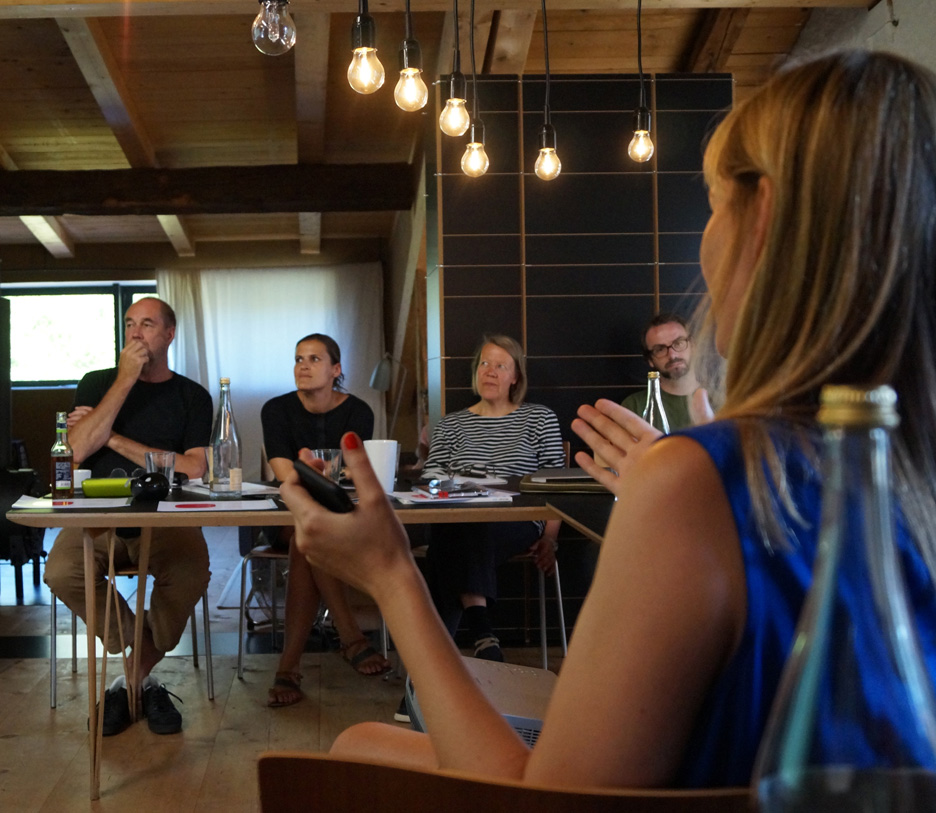
"I told them about how many projects we were so happy with and then they failed completely," he says. "You have to stand up the next morning and say my job is still 100 per cent the right one and I want to follow it. Design is a whole world, a whole life."

A self-taught designer, Moormann built up a successful business in the remote German town of Aschau im Chiemgau. The company, also called Nils Holger Moormann, now designs and sells locally produced furniture by Moorman and other designers around the world.
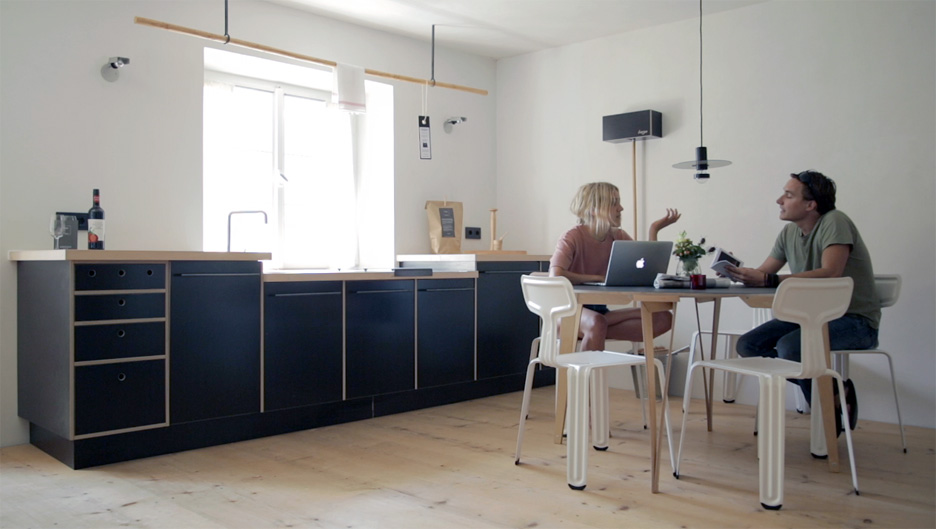
In 2009, Moormann also opened a guesthouse in Aschau im Chiemgau called Berge, where the workshop took place.
"I designed every detail with my crew from the company," Moorman says. "It was a big mountain to climb and therefore it's called Berge, which means mountain. I hope this is the right place to stay for young entrepreneurs."
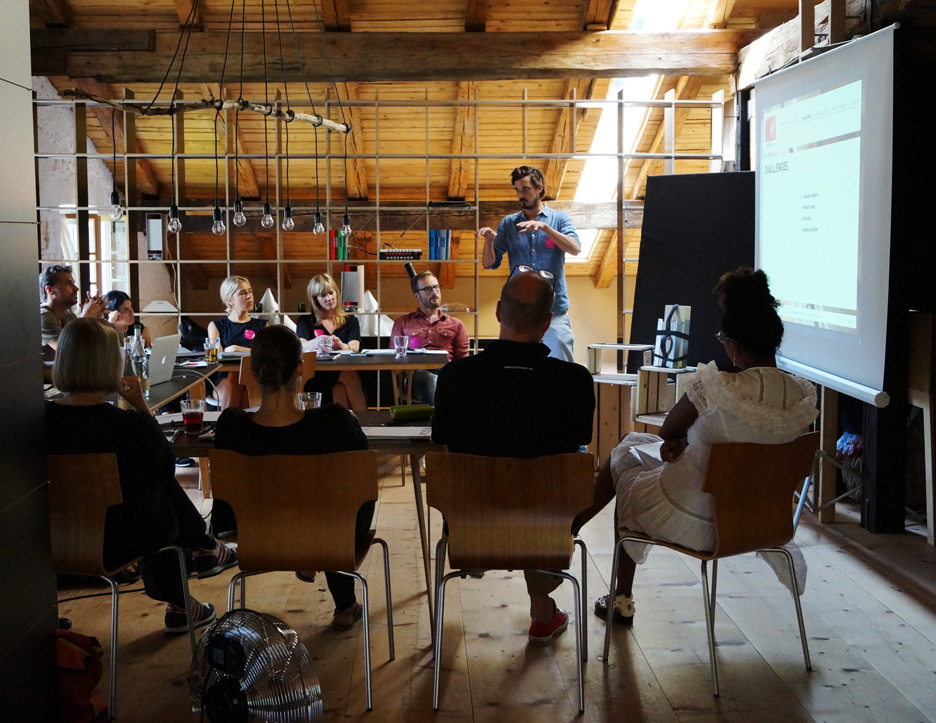
The Blickfang design workshop is organised every year by international trade show Blickfang to teach young creatives how to make a living from design.
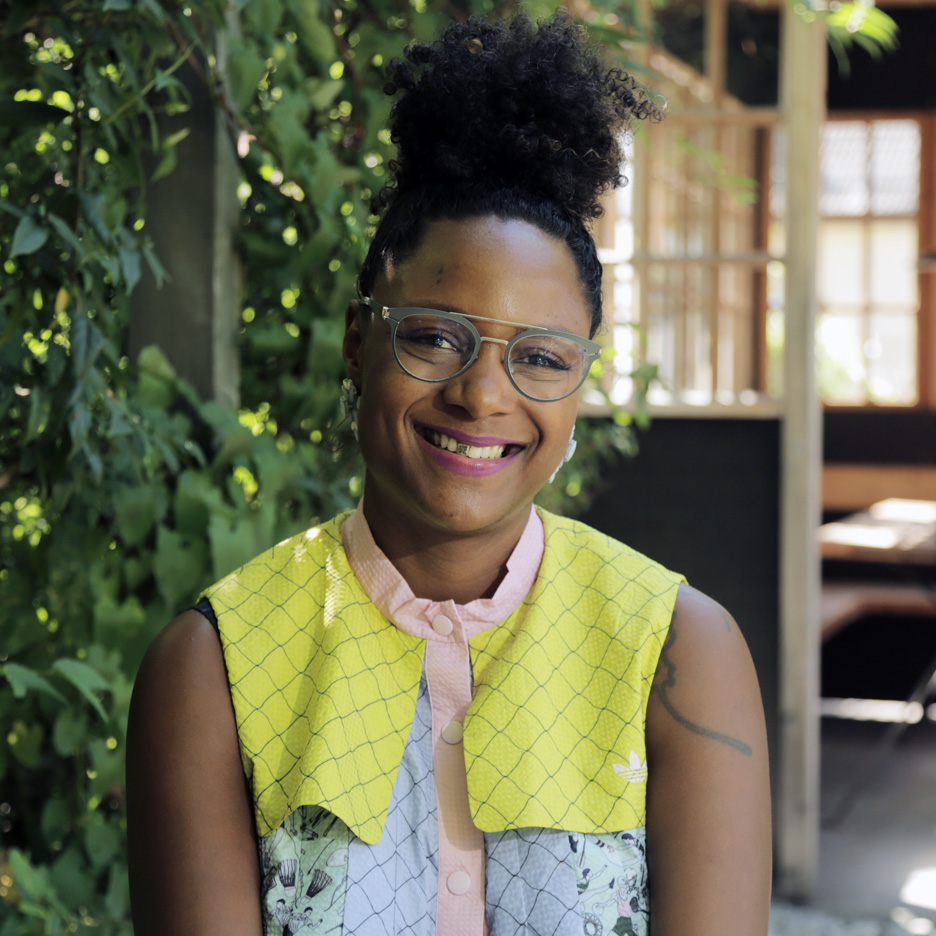
"It is a chance for designers to work on how to get their product to market," explains Blickfang CEO Jennifer Reaves. "How can I actually earn money with what I do and what I love?"
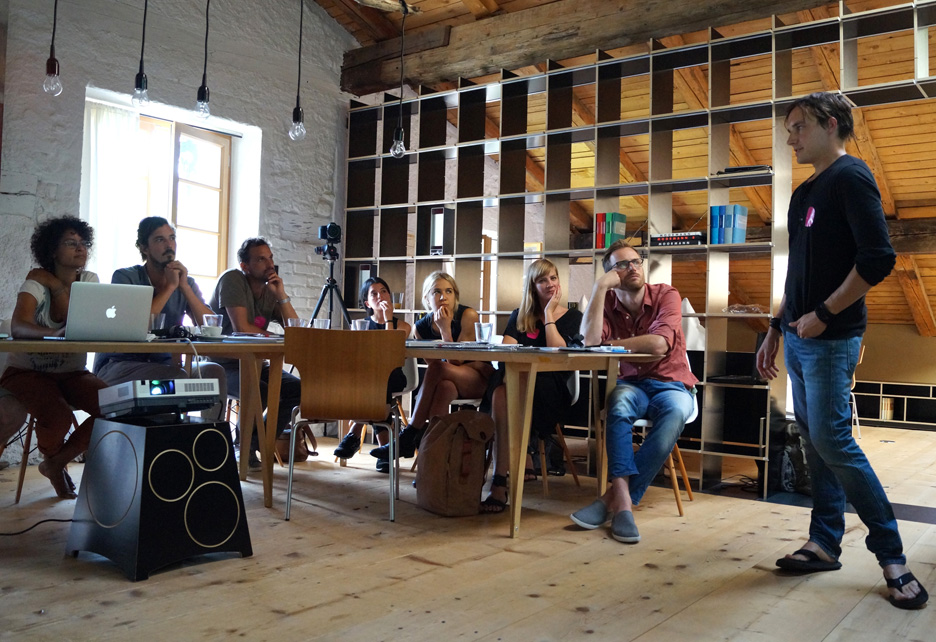
"It's an interesting mix of really skilled people, really curious people and some people who are still trying to find their way," Moormann adds. "My job is give them a little bit of orientation."
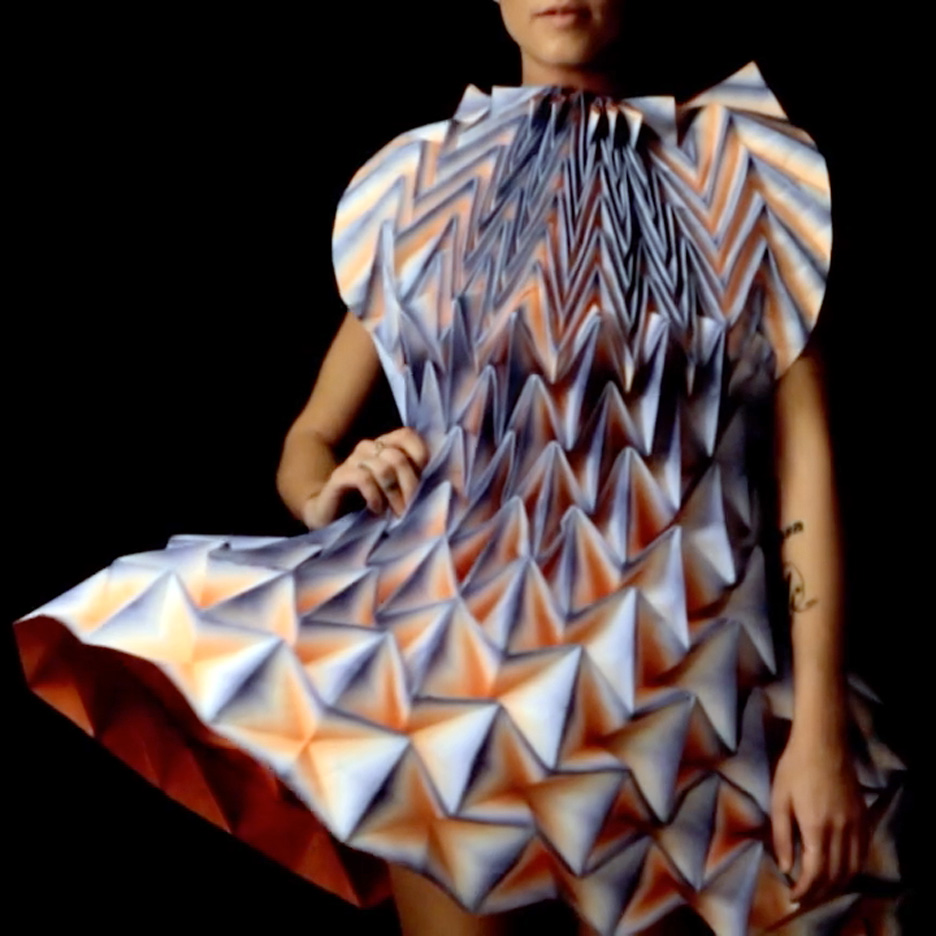
Jule Waibel, a German designer based in London, brought along a series of products made from folded Tyvek, which she developed while studying at the Royal College of Art.
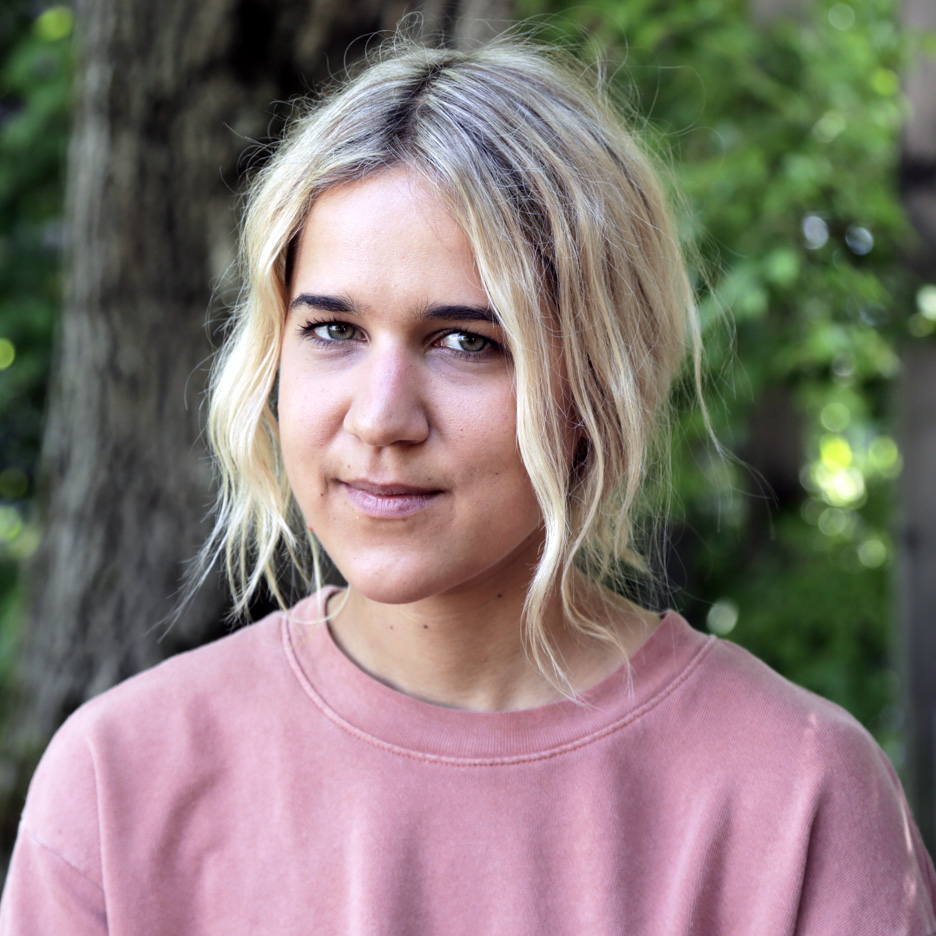
"Before the workshop I had a plan to self-produce," Waibal says. "But in the workshop they convinced me to find a producer. Giving it away is super hard, but it makes more space for new things. I have to let go!"
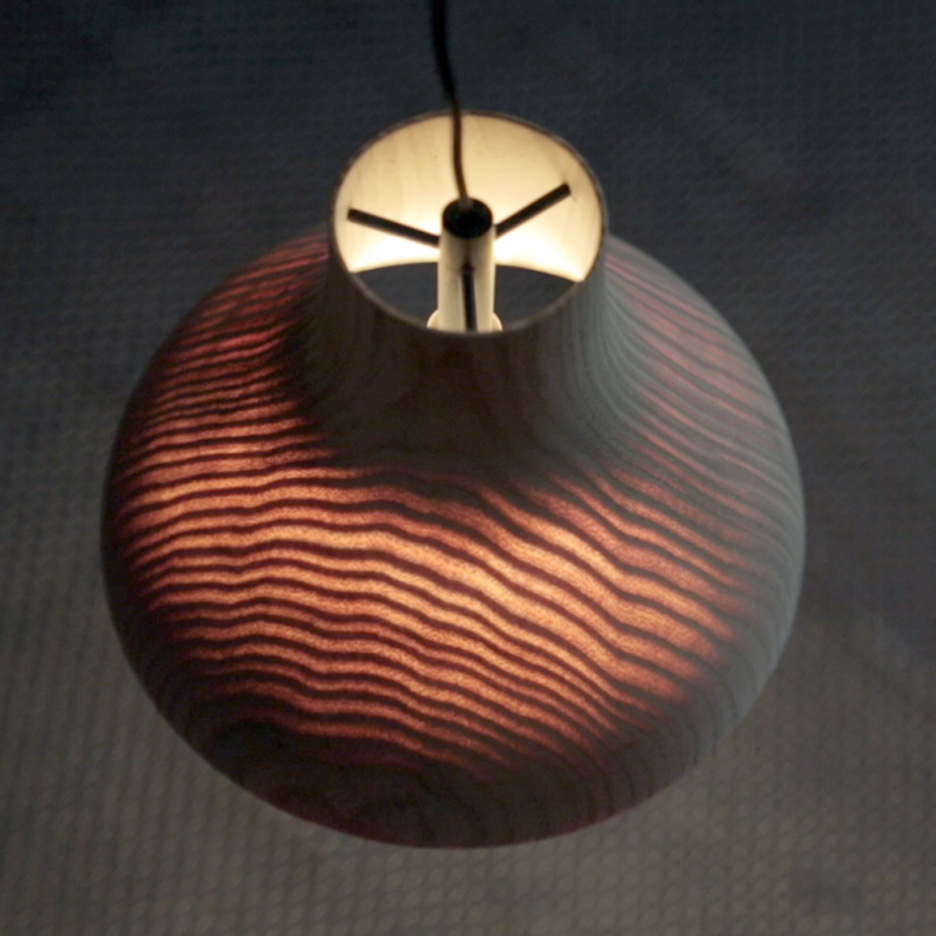
Dutch designer Emile van Hoogdalem brought a stool, a side table and a lamp to the workshop. He was advised to focus on further developing his lamp.
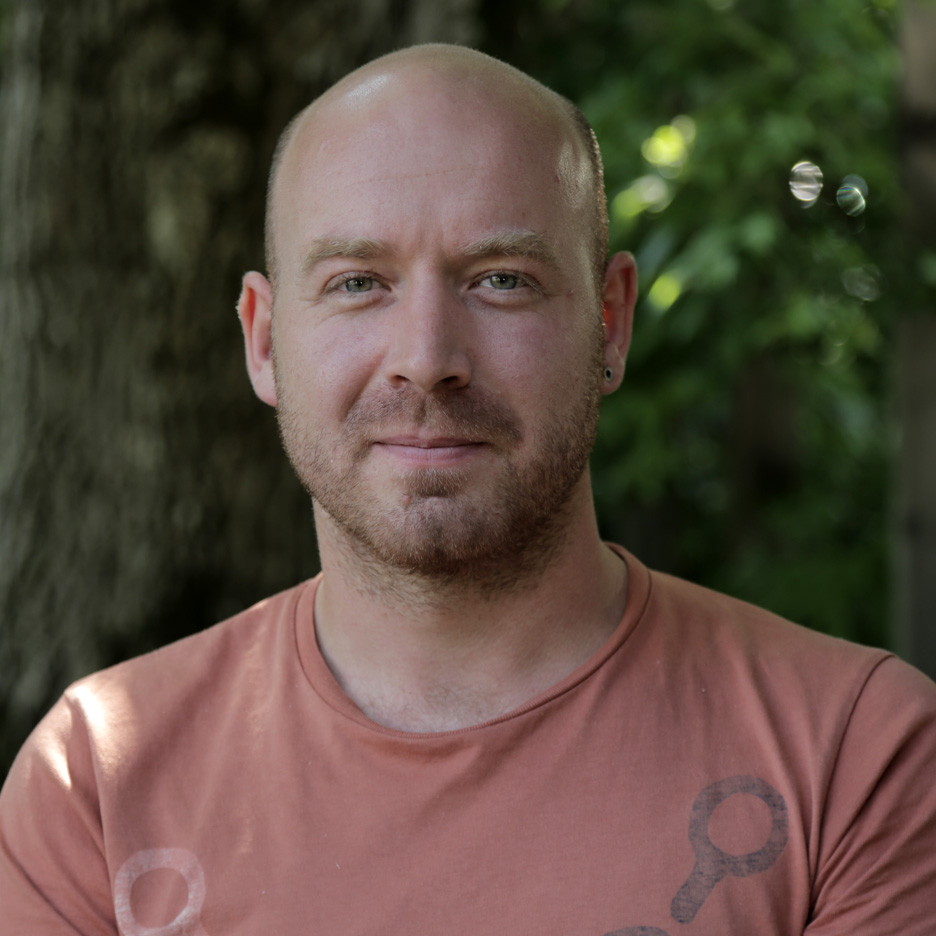
"I learned that it's better to focus on one product that is really strong," van Hoogdalem says. "The curators asked me to work out a small family for my lamp. For my presentation, I made a few sketches about how it could look in the future."
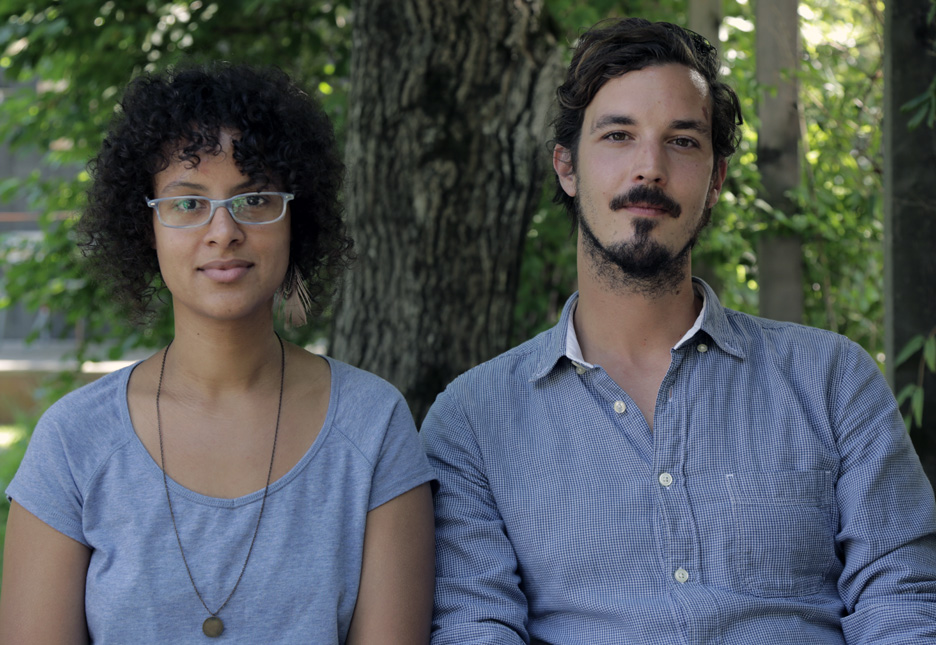
Other attendees included Marc Rexroth and Anika Paape from Reditum, a Cologne-based company producing upcycled wooden furniture.
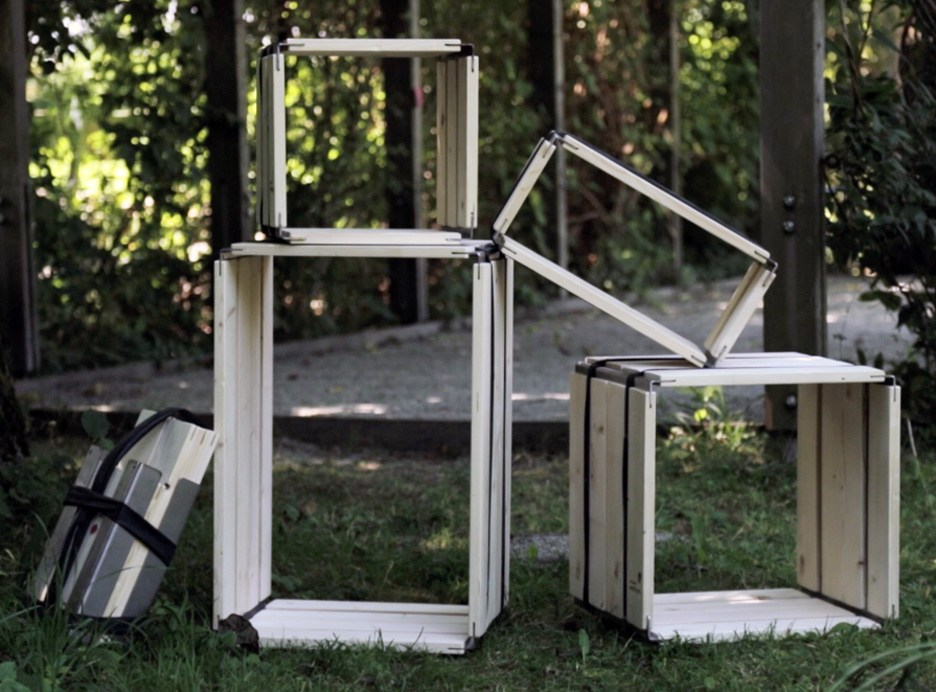
"We wanted to get feedback from people who have been in the business for a really long time," says Paape. "We wanted honest feedback and we got that."
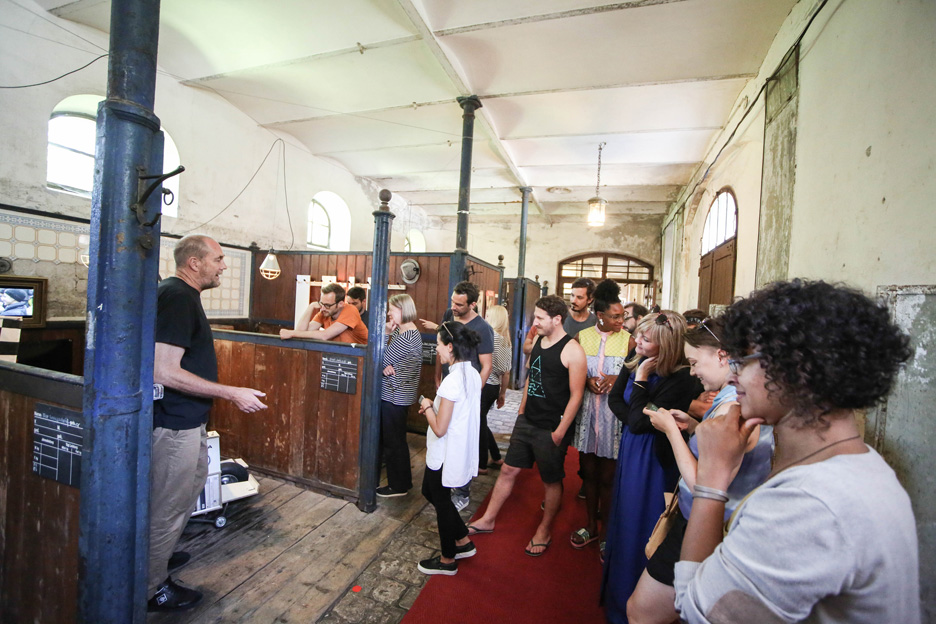
During the workshop, Moormann took the designers on a tour of his company, based a short walk from the Berge guesthouse.
"I found it very interesting to see the production side and how things develop," says Rexroth. "You start with one product or one idea and then you develop further, but you don't know where the road goes. "It makes us more confident about the future also."
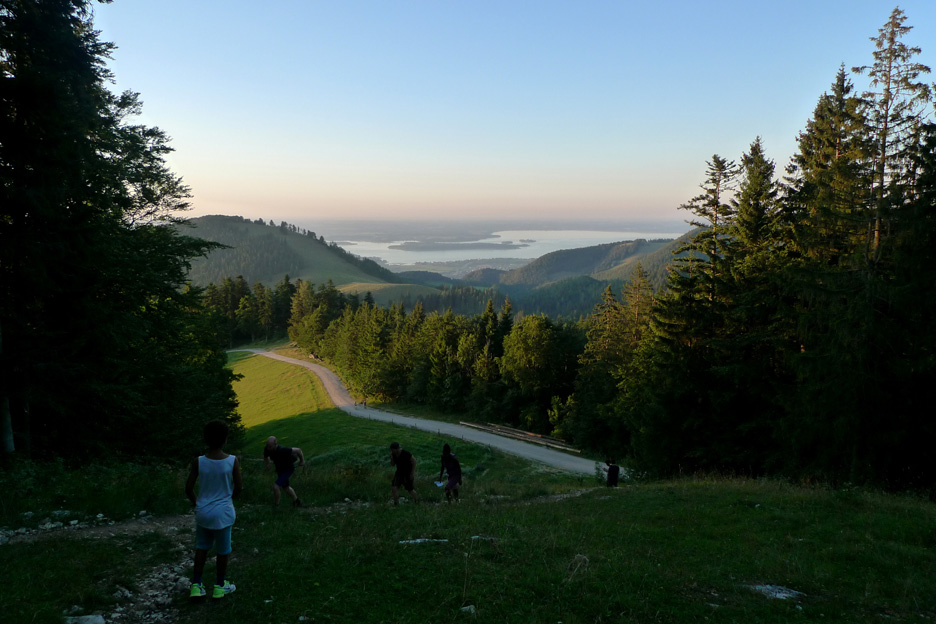
This movie was produced by Dezeen for Blickfang. The music is by German artists Wave Crushers.
This is the fifth year that Dezeen has partnered with Blickfang for its annual design workshop. Last year's event, held at Domaine du Boisbuchet in France, was led by Stefan Scholten of design duo Scholten & Baijings. Past workshops have been headed up by Sebastian Wrong, Jaime Hayon and Stephen Burks.